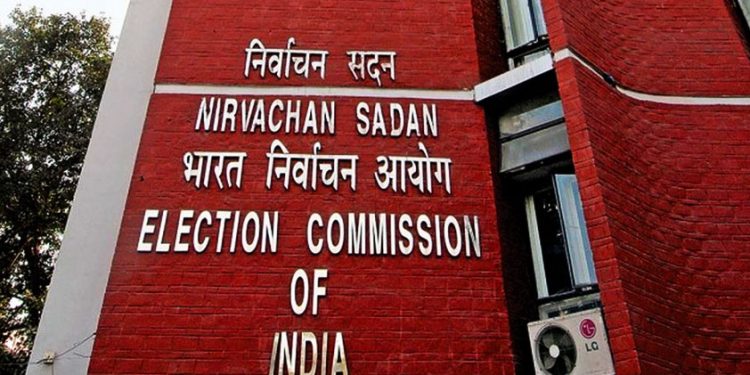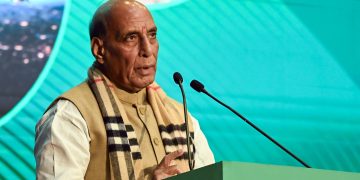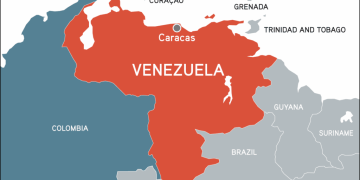The Supreme Court on 28 July told the Election Commission of India (ECI) to adopt a voter verification approach based on “mass inclusion, not mass exclusion.” The principal objective of the ECI is to find out eligible voters from every nook and cranny of the country and include their names in the voters’ list. This aim cannot be diluted or compromised under any pretext or at direct or veiled promptings from the ruling dispensation at the Centre. The direction came in connection with the legal challenge to the ECI’s current Special Intensive Revision (SIR) of electoral rolls being carried out in Bihar under controversial circumstances. The apex court has questioned the ECI’s refusal to accept Aadhaar and Electoral Photo Identity Card (EPIC) as valid proof of identity during the ongoing SIR.
The Bench of Justices Surya Kant and Joymalya Bagchi did not support the ECI’s argument that Aadhaar and EPIC cards can be forged, pointing out that “10 out of 11 documents already accepted by the Commission can be equally fake.” The Court said forgery is always a possibility, but that cannot be a reason for summarily excluding widely held documents like Aadhaar or voter ID cards.
Justice Kant made the cogent observation that any day 10 out of 11 documents may be found to be fake. The matter, he held, has to be seen on “a case-to-case basis.” The Bench virtually laughed the ECI’s contention out of court with the observation that “any document on Earth can be forged.”
The oral observations came during a hearing on a batch of petitions challenging the 24 June ECI order beginning SIR in Bihar ahead of the State Assembly elections due in October–November 2025. The Court said Aadhaar and EPIC should be accepted as identity proofs for SIR, urging the ECI to avoid exclusions of identity proof. The vacation Bench had asked the poll panel earlier on 10 June to consider Aadhaar and EPIC, issued by the ECI itself, as identity proof.
The Bench took a view of the matter and declined to order an interim stay on the publication of the draft rolls under the SIR on 1 August as pleaded by petitioners. Under the SIR guidelines the ECI has mandated that voters not found on the 2003 rolls must provide proof of Indian citizenship. For those born after December 2004 documents of both parents are required and where a parent is a foreign national, passport and visa records at the time of birth must be submitted. This move has drawn sharp criticism from civil society, with petitioners—including Association for Democratic Reforms (ADR), People’s Union for Civil Liberties, TMC MP Mahua Moitra, RJD MP Manoj Jha and activist Yogendra Yadav.
Interestingly, on 26 September, 2018, the apex court had upheld the constitutional validity of the Aadhaar Act, while striking down certain provisions as unconstitutional. Crucially, the majority opinion did not strike down Section 7, which makes Aadhaar mandatory for availing State subsidies and benefits. This alone should invalidate the ECI argument that it cannot include names of individuals who are not bona fide citizens. For, if those enjoying State subsidies and other benefits on the strength of Aadhaar turn out to be not citizens of the country, the fault lies with the administration. Moreover, the ECI cannot appropriate the task of determining bona fide citizenship which devolves on the Union Home Ministry.
What the ECI is doing in the name of SIR is nothing but forcing people to accept the exercise of National Register of Citizens (NRC) through the backdoor. The Union Home Ministry had earlier tried this and faced a huge backlash in Assam. Now it seems to have left the task to the ECI so as not to incur the people’s wrath and at the same time implement its political agenda on redrawing the country’s demographic contours. Aadhaar is also an integral part of the process in which NRC comes in later. If Aadhaar is being denied validity for such an important task as SIR by the ECI, the non government parties should accept this changed attitude of the government and benefit from it. It is obvious the BJP government had enforced Aadhaar in the past, thinking it would help in the process of disenfranchising whomsoever they did not want. Now their own convenience is being troubled by that very instrument called Aadhaar. Evil thoughts bring about evil results.
The apex court’s message till the final hearing is held is unequivocal: Democracy demands inclusion, not exclusion.






































